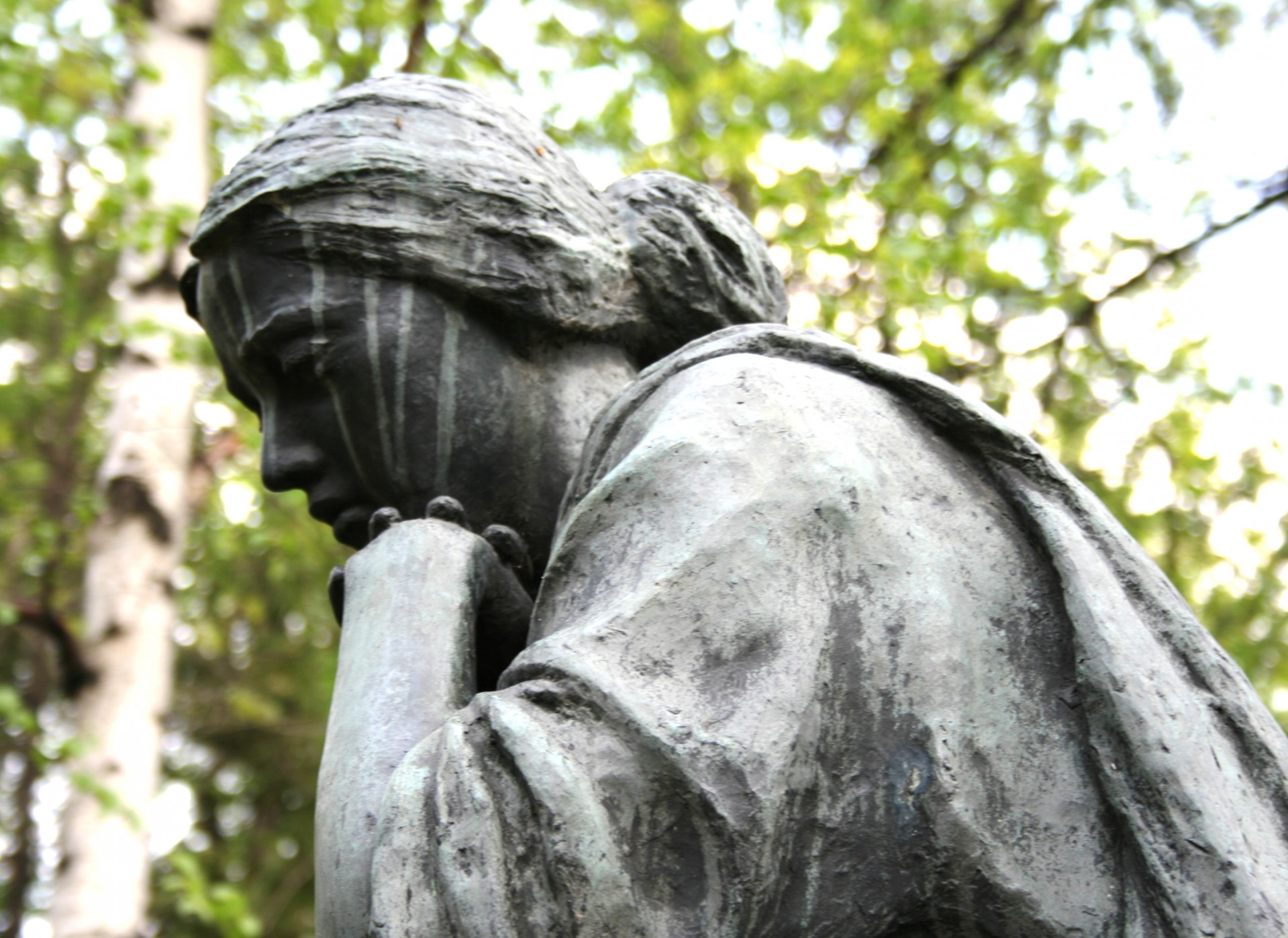22 November 2016
Ishbosheth's Porter: Was it me?
2 Samuel 4 (LXX)
Was it me?
Was it my fault?
Because I left open the door?
Because I fell asleep?
Was it my failure
that let them slip in?
Was it my negligence
that killed my king?
I know, it was them
who wielded the knife.
I know, it was them
who committed the crime.
And yet it is I
weighed down by guilt.
And yet it is I
weighed down by shame.
What if
I had stayed awake?
What if
I had locked the door?
What if
I had been there to stop them,
to prevent their evil plan?
What if
I had not lain
huddled in a corner
fast asleep?
I know it is foolish,
but my mind twists and turns,
playing with "what ifs",
repeating the scene
in all the variations
of what might have been,
what could have been prevented
if not for me.
There is no punishment -
there is no reprieve.
I am alone,
imprisoned in this guilt
that makes no sense to feel.
Who can set me free
from these what ifs
screaming in my mind,
accusing me?
Was it my negligence
that killed my king?
Was it my fault?
Was it me?
_________________________________________________
[21. November 2016]
Actually this woman doesn't exist. Maybe. I found her in 2. Samuel 4:6 in my 1982 Luther translation - turns out she shows up nowhere else, and the 2017 Luther Bible has her removed. After discovering that the verse is so very different in all other Bibles I checked, and even looking up the Hebrew (although my Hebrew sucks), I decided to check the Septuagint (Greek translation of the OT, which in a few places is different from the Hebrew basis of our modern Bibles), and - tadaa - there we have our porter, though the English version I linked above makes it male (Luther clearly makes it female). I checked my Greek dictionary: the porter is ἡ θυρωρὸς - according to the dictionary the usually masculine -ὸς ending stays the same in the feminine form, but the feminine article ἡ shows it's a female porter. Which means Luther is correct and in the Septuagint it is a woman!
Anyway, the story behind this: Saul has been killed in battle, and David has finally become king - but only of Judah. The rest of Israel is ruled by Saul's son Ishbosheth. A war ensues. But Ishbosheth is starting to lose support. Two of his captains plan to kill him. They sneak into his house and kill him in his bed.
The porter is only mentioned in passing - and only in the Septuagint. I wonder why older versions of the Luther Bible have this Septuagint verse. I don't mind really - it added me another lady to my list and let me write this poem. ;-)
The porter was asleep when the two assassins sneaked in. I decided to write about the guilt she might have felt... I can imagine that when you are involved in a tragedy or crime or surprising loss, you start wondering whether you could have prevented it from happening, what you might have done, what you did wrong. That she fell asleep is already one thing she can hang a lot of guilt on: maybe she thinks that if only she had been awake, she would have been able to keep the men out. (But would she, though? They were his captains. She would probably have trusted them and they might have made plausible excuses. Being awake would probably not have prevented the crime either! But when you're running through the "what ifs", you don't consider that!)
That kind of guilt is very hard to deal with, because we have no answers - we don't know what would have happened if we had only done this or that differently. And it's easy to imagine that one little thing might have changed the whole outcome of what happened - but who knows? I guess going through such feelings of guilt is also a natural part of grief... as long as we don't stay stuck in it. I'm thinking what's helpful is to voice the guilt, to let it out (to God, to another person). And for others to take the guilt seriously, but also be comforting and remind the one affected that it is not their fault.
Subscribe to:
Post Comments (Atom)

No comments:
Post a Comment